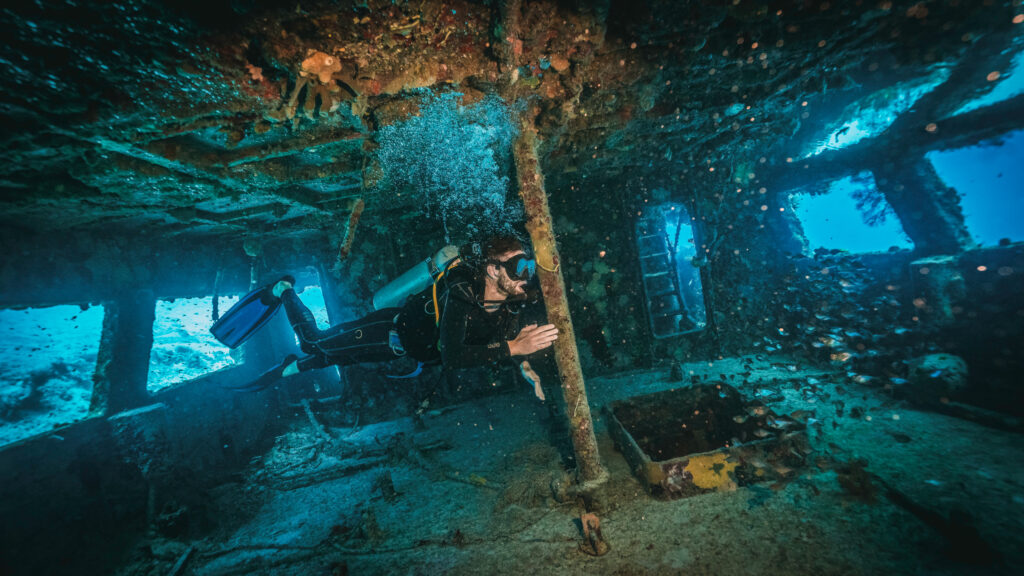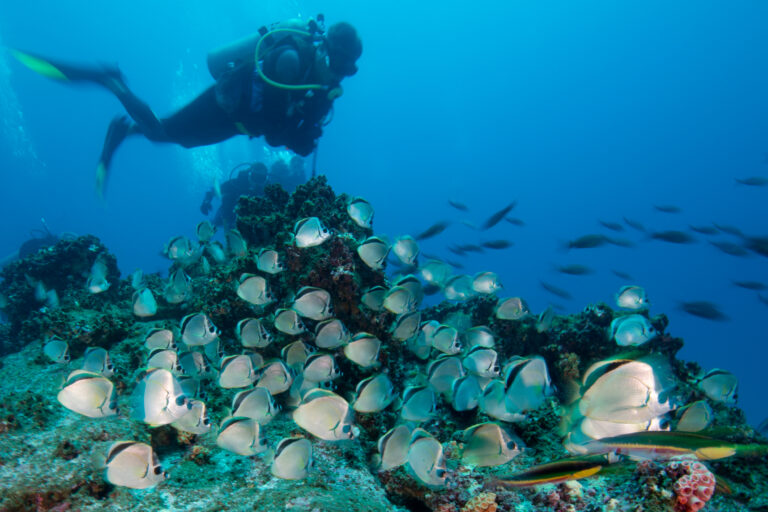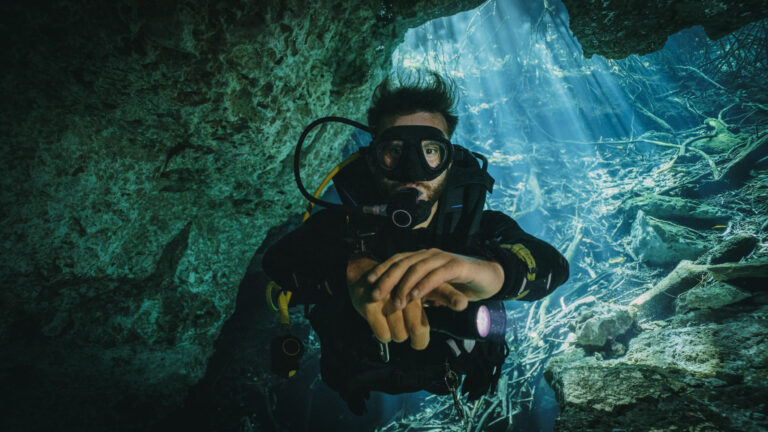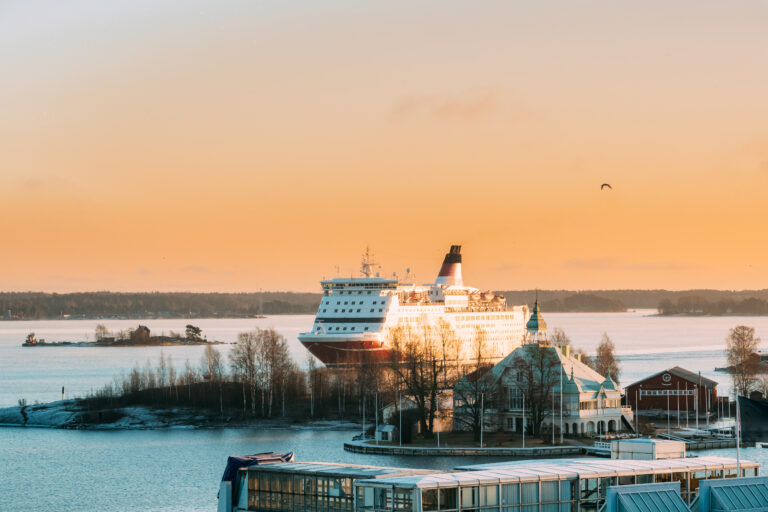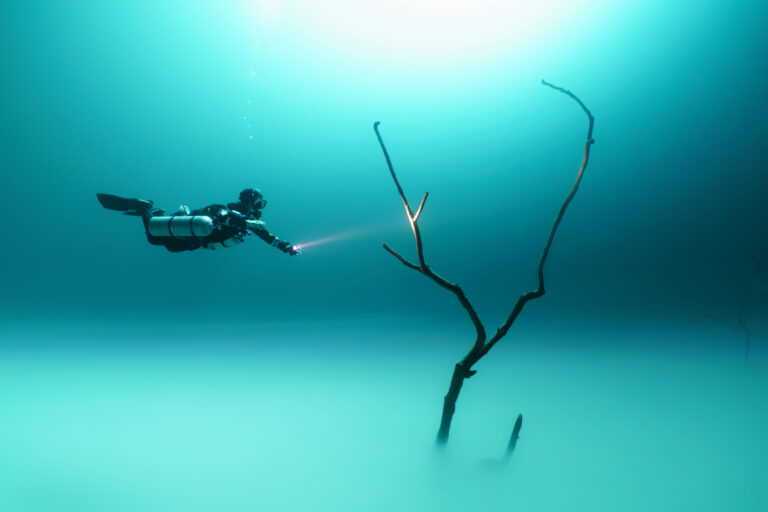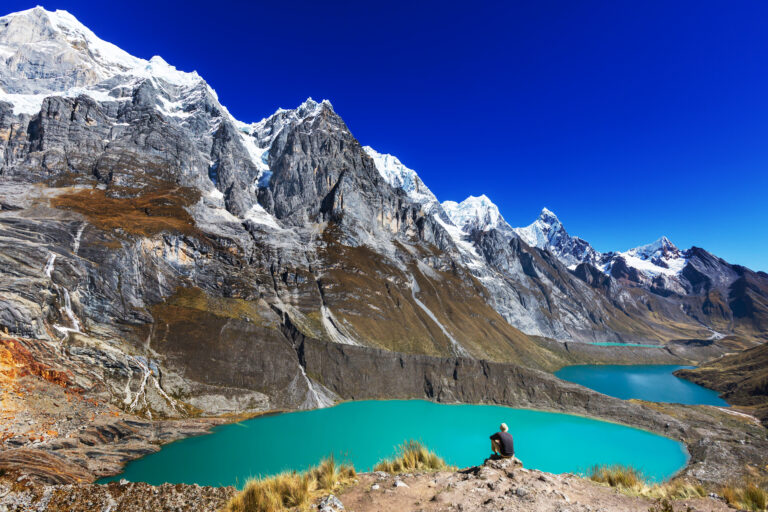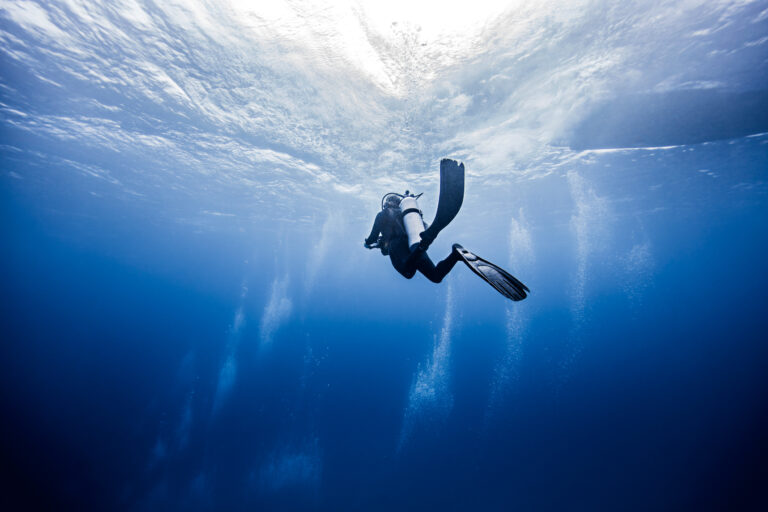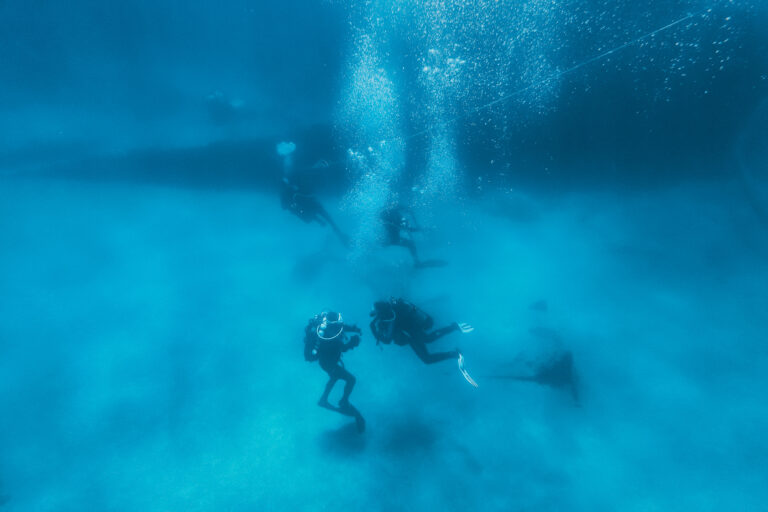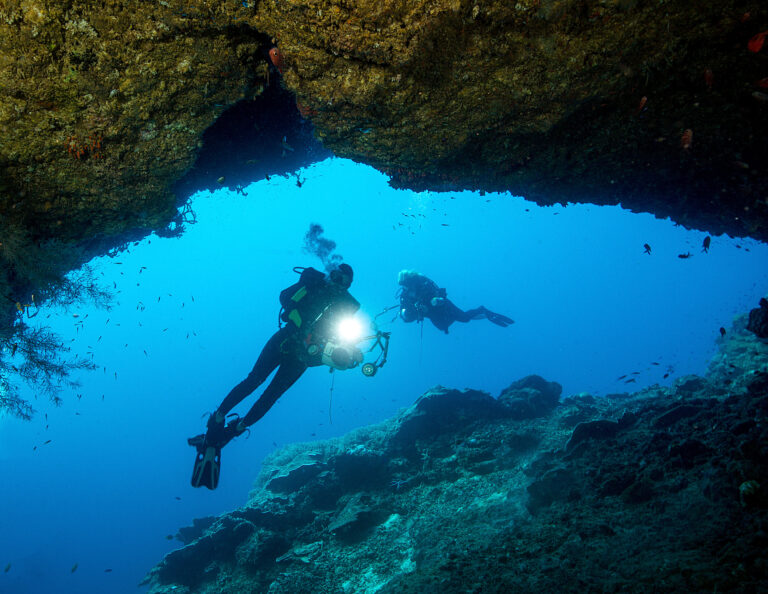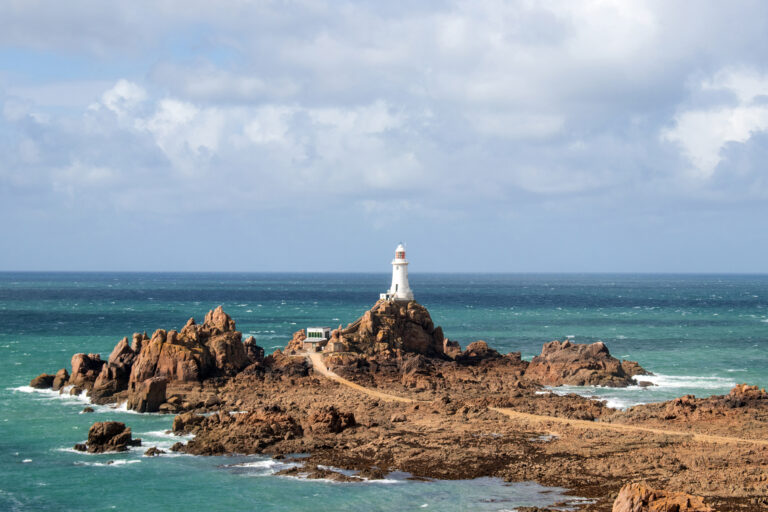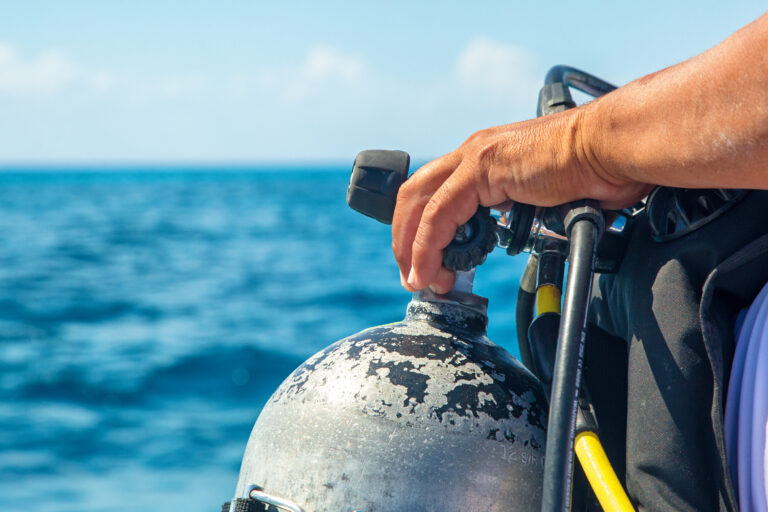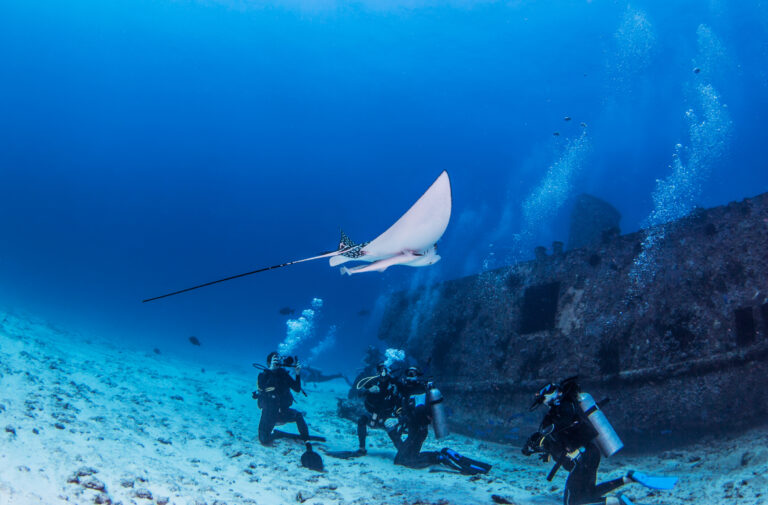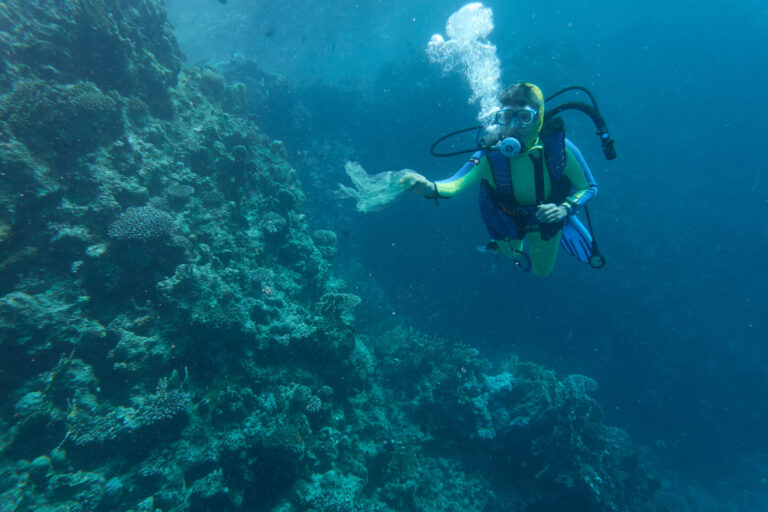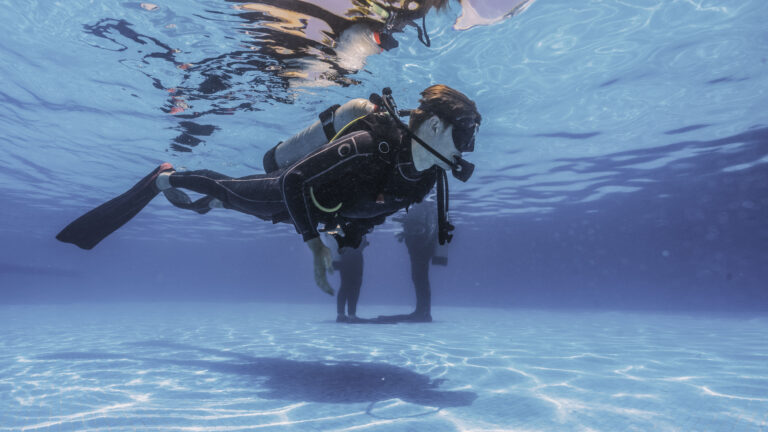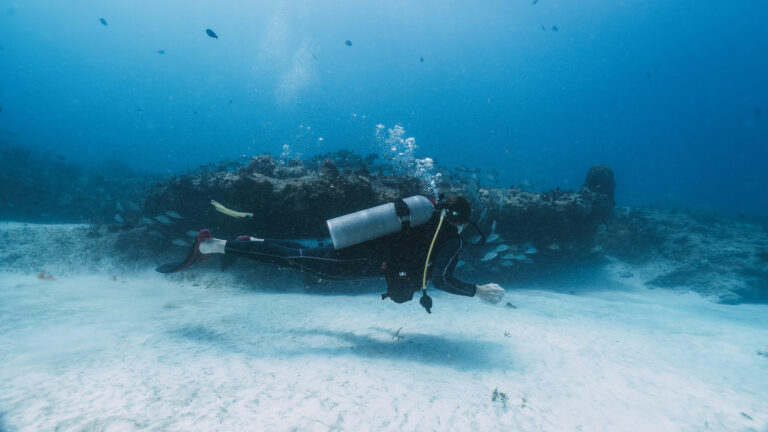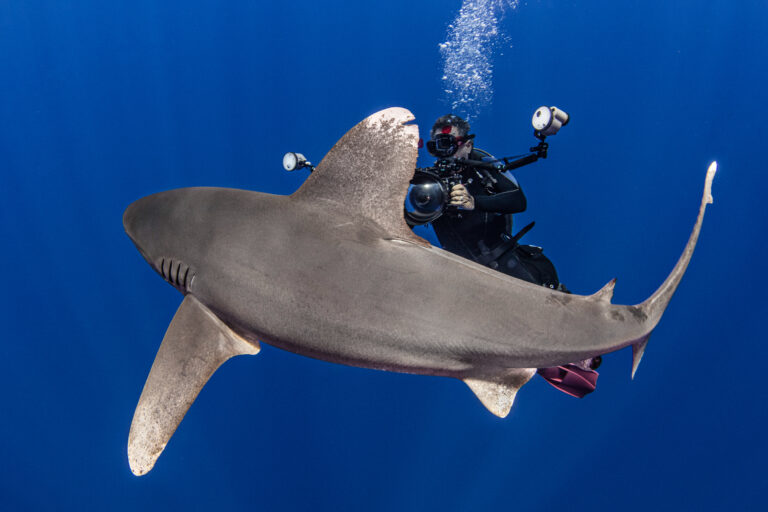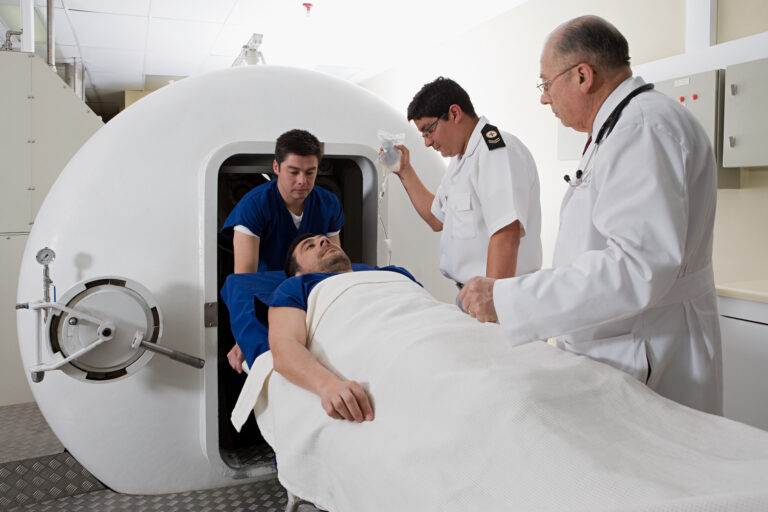Scuba Divers’ Travel Guide to Suriname
Suriname, located on the northeastern coast of South America, offers scuba divers an inviting mix of Atlantic Ocean and riverine diving opportunities. Its coastal waters are rich in marine life, featuring coral reefs, diverse fish populations, and even mangrove forests that support unique ecosystems. Suriname’s warm tropical waters and relatively untouched dive sites provide an excellent backdrop for underwater exploration. For scuba travelers seeking a blend of marine and riverine diving experiences, Suriname offers a destination full of natural beauty and aquatic diversity.
Location and Geography
Suriname, nestled on the northeastern Atlantic coast of South America, offers a unique scuba diving experience that is as rich in cultural history as it is in biodiversity. This small nation, bordered by Brazil to the south, Guyana to the west, French Guiana to the east, and the Atlantic Ocean to the north, boasts a largely unexplored underwater landscape due to its relatively low profile on the international diving scene. The coastal waters of Suriname are influenced by the outflow of several major rivers, including the Suriname and the Commewijne, which carry nutrient-rich sediments that feed the coastal ecosystems. Divers in Suriname can explore a variety of marine environments, from the freshwater riverine habitats to the brackish estuaries, and out to the Atlantic’s warm, saline waters where coral reefs and shipwrecks lie hidden. The country’s geographic location just north of the Equator ensures warm tropical waters year-round, making it an enticing destination for those looking to dive in an off-the-beaten-path locale.
Visa and Entry Requirements
Before embarking on a scuba diving adventure in Suriname, it is essential to understand the visa and entry requirements for this tropical destination. Travelers from most countries will need to obtain a tourist visa, either through an online application process (e-Visa) or by applying at a Surinamese consulate or embassy prior to arrival. The e-Visa is generally the most convenient option, offering a streamlined application process. Upon arrival, ensure that your passport is valid for at least six months beyond your stay and has at least one blank page for entry stamps. Additionally, some nationalities may be eligible for a Tourist Card instead of a visa, which can be purchased at select entry points or consulates. It’s important to check the latest information from official sources, as visa policies can change. Once your paperwork is in order, you can look forward to exploring Suriname’s underwater wonders, including its vibrant coral reefs and diverse marine life.
Getting to Suriname
Suriname, a hidden gem nestled on the northeastern coast of South America, offers a unique scuba diving experience for those willing to venture off the beaten path. Travelers looking to explore Suriname’s underwater wonders typically fly into Johan Adolf Pengel International Airport (PBM), located just south of the capital city, Paramaribo. Major airlines such as KLM and Caribbean Airlines operate regular flights to Suriname from Europe, the United States, and other Caribbean nations. Upon arrival, visitors can either rent a car or arrange for a transfer to reach the coastal areas where diving is most prevalent. It’s important to note that while Suriname is not a traditional diving destination, its rivers and coastal waters near the Atlantic Ocean provide opportunities to discover freshwater and marine ecosystems that are relatively untouched by tourism. Divers should plan their travel with local dive operators in advance to ensure a smooth journey to this off-the-radar locale.
Best Time to Dive
Suriname, a hidden gem nestled on the northeastern coast of South America, offers a unique scuba diving experience for those willing to venture off the beaten path. Travelers looking to explore Suriname’s underwater wonders typically fly into Johan Adolf Pengel International Airport (PBM), located just south of the capital city, Paramaribo. Major airlines such as KLM and Caribbean Airlines operate regular flights to Suriname from Europe, the United States, and other Caribbean nations. Upon arrival, visitors can either rent a car or arrange for a transfer to reach the coastal areas where diving is most prevalent. It’s important to note that while Suriname is not a traditional diving destination, its rivers and coastal waters near the Atlantic Ocean provide opportunities to discover freshwater and marine ecosystems that are relatively untouched by tourism. Divers should plan their travel with local dive operators in advance to ensure a smooth journey to this off-the-radar locale.
Accommodation Options
Accommodation options in Suriname cater to a range of preferences, ensuring that scuba divers can find the perfect base for their underwater adventures. In the capital city of Paramaribo, divers can choose from a variety of hotels, from luxury riverside suites to budget-friendly guesthouses, all offering easy access to dive shops and coastal excursions. For those seeking a more immersive experience, eco-resorts and lodges nestled along the Surinamese coast or near the mouth of the Suriname River provide tranquil retreats with a focus on sustainability and proximity to nature. These often include on-site amenities such as gear rentals and guided dive trips to Suriname’s lesser-known reefs and wrecks. For the ultimate convenience, liveaboard boats are an excellent choice, allowing divers to wake up at different dive sites each day and maximize their time in the water. Regardless of where you stay, you’ll find Suriname’s accommodations welcoming and well-equipped to support your diving journey.
Dive Operators and Dive Shops
Suriname, a hidden gem nestled on the northeastern coast of South America, offers a unique scuba diving experience that is as rich and diverse as its cultural heritage. Dive operators and shops in Suriname are relatively few but are known for their personalized service and intimate knowledge of the local underwater landscapes. These establishments, often run by passionate divers, provide full services including PADI certification courses, equipment rentals, and guided dive excursions to explore the country’s relatively untouched marine environments. The Surinamese waters are home to an array of dive sites, from freshwater river dives where one can encounter the prehistoric Giant Freshwater Stingray, to the Atlantic coast where the wrecks and reefs provide sanctuary to vibrant marine life. Divers can expect attentive and safety-conscious guidance from local dive shops, which prioritize the preservation of Suriname’s pristine aquatic ecosystems while offering an unforgettable underwater adventure. Whether you’re a novice diver or a seasoned underwater explorer, the dive operators in Suriname will ensure your subaquatic journey is both thrilling and ecologically responsible.
Transportation within Suriname
Transportation within Suriname offers a mix of options for scuba divers looking to explore its underwater treasures. While the country’s infrastructure is less developed compared to other popular diving destinations, getting around can be part of the adventure. In the capital city of Paramaribo, taxis and minibuses are readily available for short trips, and car rentals offer more flexibility for visiting coastal dive sites or the marinas where dive boats depart. For more remote locations, such as the untouched reefs near the mouth of the Suriname River or along the eastern Marowijne district, divers might find themselves embarking on a journey involving small domestic flights from Zorg en Hoop Airport to airstrips closer to the dive sites, followed by riverboats to navigate the dense rainforest and reach pristine diving spots. It’s essential to plan these excursions with local dive operators or tour companies, as they can provide the necessary logistical support and ensure a safe and memorable diving experience in Suriname’s unique aquatic environments.
Currency and Payment Methods
When traveling to Suriname for scuba diving adventures, it’s important to be aware of the local currency and payment methods. The official currency is the Surinamese Dollar (SRD), and it’s advisable to have a sufficient amount of local currency on hand for everyday expenses, as credit card acceptance can be limited, especially in more remote diving locations or smaller establishments. While major hotels, dive shops, and some restaurants in tourist areas may accept credit cards, cash is king in local markets and for services like boat charters. ATMs are available in larger cities like Paramaribo, but can be scarce elsewhere, so plan accordingly. It’s also wise to inform your bank of your travel plans to avoid any issues with your cards while abroad. Always check the exchange rate and transaction fees for currency exchange or card payments, as these can vary. Carrying small denominations is helpful for tipping and small purchases. Remember, it’s best to exchange your currency at official banks or authorized exchange offices to ensure a fair rate and avoid any potential scams.
Language and Communication
When traveling to Suriname for scuba diving, it’s important to note that the official language is Dutch, reflecting the country’s colonial history. However, the linguistic landscape is diverse, with a multitude of languages spoken due to its multiethnic population. Sranan Tongo, an English-based creole language, is widely used as a lingua franca among various ethnic groups. For communication during diving excursions, dive operators and guides typically speak English, and sometimes Dutch, to accommodate international visitors. It’s advisable to learn a few basic Dutch phrases or Sranan Tongo expressions as a sign of respect and to enhance your cultural experience. Underwater, divers use standardized hand signals to communicate, ensuring safety and coordination regardless of language barriers. Always ensure that you are familiar with these signals and clarify any uncertainties with your dive guide before embarking on your underwater adventure in Suriname’s rich and vibrant waters.
Local Culture and Attractions
Suriname, a hidden gem nestled on the northeastern coast of South America, offers a rich tapestry of cultures and attractions that complement its underwater wonders. As you surface from the vibrant marine life and pristine reefs, immerse yourself in the local culture that is a unique blend of Indigenous, African, Indian, Indonesian, and Dutch influences. The capital city, Paramaribo, is a UNESCO World Heritage site where colonial architecture stands in harmony with mosques, synagogues, and Hindu temples, reflecting the nation’s religious diversity. Explore the bustling Central Market for a sensory feast of exotic fruits, spices, and handcrafted goods. Don’t miss the chance to savor the local cuisine, a flavorful fusion of the diverse ethnic backgrounds, with dishes like pom and roti. Venture into the rainforest to encounter traditional Maroon and Amerindian villages, where the way of life remains deeply connected to the natural world. Suriname’s cultural mosaic is as captivating as its underwater realms, offering a truly holistic travel experience for the adventurous scuba diver.
Cultural Etiquette and Tips
When scuba diving in Suriname, it’s important to approach the experience with cultural sensitivity and respect for local customs. Surinamese people are known for their warm hospitality and diverse cultural heritage, reflecting influences from indigenous groups, African, Indian, Javanese, and European ancestries. Before diving, take the time to greet your local guides and fellow divers with a friendly “Goedendag” (Good day) or “Hallo,” and listen attentively to any cultural stories or traditions they may share. It’s customary to dress modestly in public areas and remove shoes when entering someone’s home or a sacred place. When interacting with local communities, especially in more remote areas, ask for permission before taking photographs, as some individuals may prefer not to be photographed. Be mindful of the environment and adhere to eco-friendly diving practices to preserve Suriname’s pristine underwater ecosystems for future generations. Lastly, tipping is appreciated but not mandatory; however, offering a gratuity to your dive guides and boat crew for exceptional service is a kind gesture that reflects well on you as a visitor and contributes positively to the local economy.
Local Laws and Regulations Relevant to Tourists
When planning a scuba diving trip to Suriname, it is crucial for tourists to familiarize themselves with local laws and regulations to ensure a safe and lawful experience. Suriname’s coastal waters and rivers are governed by maritime laws that regulate fishing, waste disposal, and the protection of marine life. Divers should be aware that certain areas may be designated as protected zones, where activities are restricted to conserve biodiversity. It is illegal to collect or disturb coral, remove marine life, or engage in spearfishing without a proper license. Additionally, Suriname requires divers to be certified by a recognized diving organization, and dive operators must adhere to safety standards and carry appropriate permits. Tourists should also respect local customs and environmental guidelines, such as not touching or feeding wildlife, and maintaining a safe distance from any historical underwater sites. It is advisable to check with local dive shops or the Suriname Tourism Board for the most current information on regulations before embarking on diving excursions.
Safety Tips and Emergency Contacts
When planning a scuba diving trip to Suriname, safety should be your top priority. Always dive within your certification limits and ensure that your equipment is well-maintained and appropriate for the dive conditions. It is crucial to check the weather forecast and be aware of any potential changes that could affect underwater visibility or currents. Dive with a buddy and stay within sight of each other at all times. Familiarize yourself with local marine life to avoid dangerous encounters. In case of an emergency, it is important to know the contact details of the nearest decompression chamber, which is located at the Academic Hospital Paramaribo (contact number: +597 442222), and to have the local emergency services number, 115, readily available. Additionally, ensure that your dive operator has a means of emergency communication, such as a satellite phone, especially when diving in remote areas. Always carry a surface marker buoy and a whistle to signal for help if necessary. Lastly, consider investing in travel insurance that covers scuba diving accidents and emergency medical evacuations to safeguard against unforeseen incidents.
Health and Travel Insurance
When planning a scuba diving trip to Suriname, it’s crucial to consider your health and travel insurance options carefully. Suriname’s underwater world offers divers the chance to explore pristine reefs and encounter a diverse range of marine life, but diving always comes with inherent risks. Ensure that your travel insurance policy includes comprehensive coverage for scuba diving activities, including potential hyperbaric treatment in case of decompression sickness. Since Suriname may have limited medical facilities, especially tailored for diving-related injuries, check if your policy covers medical evacuation to a facility with the necessary treatment capabilities. Additionally, be aware of any exclusions related to scuba diving, such as depth limits or the requirement for a certified dive master’s presence during dives. Prior to departure, verify that your vaccinations are up to date, and consider a consultation with a travel health specialist to discuss any specific health concerns or preventative measures related to Suriname’s tropical environment. By taking these precautions, you can ensure peace of mind and focus on the breathtaking underwater experiences that await in Suriname’s waters.

